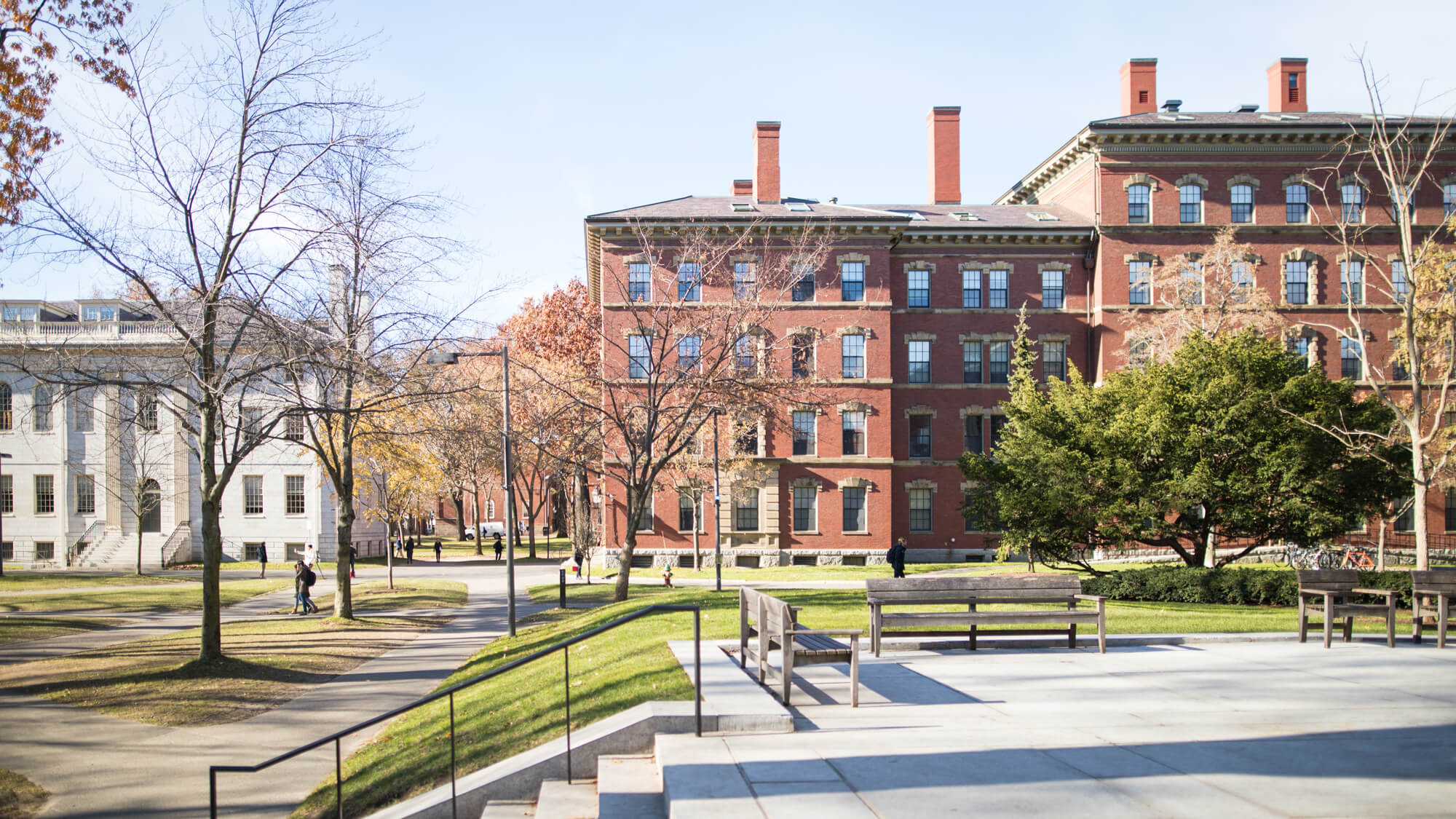Putting Your Social Media to Work for College Admissions and Beyond
January 13, 2017 :: Admissionado
The holidays may be over, but our online shopping habits can teach us how colleges, business schools, and employers use social media to search for and vet candidates.
With this knowledge, students like you can start tapping into the networking and reputational powers of social media for your future academic and professional pursuits. Here’s an example.
Scenario #1: Let’s say you and your siblings decided to buy a camera for your parents as gift. You had seen an ad for a new Lumix camera and thought it might be a good choice. Before buying, you want to make sure the camera is reliable, that others who have bought the camera like it, and to simply learn more about the camera’s features and functions. To gather this information, you Google Lumix with the model number and then start researching the results. This process serves to validate your decision as you find impartial reviews by experts and other users and find sample photographs and more information about the camera from the manufacturer.
But what if your Google search found nothing? Would you be concerned? What if the data you found was confusing and inconsistent with the assumptions and beliefs you held about the camera? Would you still be a buyer?
- This is exactly how, and why, colleges and graduate schools are increasingly checking the online activities of applicants during the admissions process.
- Given the competitiveness of college and B-School admissions, they want to make sure they are making informed and comprehensive decisions about their applicants.
- Many schools will Google your name to check out your overall online presence and social media activities. Will they be able to find you and, if so, what story is your digital presence telling? This is your virtual narrative and it must align with the claims of your application. This is called “social proof.”
- Along these lines, applicants to Cornell’s M.B.A. programs can now pre-fill parts of their applications – such as their employment history and educational background — with information from their LinkedIn profiles. Cornell officials say the university is the first higher education institution to incorporate LinkedIn into its application.
Scenario #2: Now suppose you want to buy a camera, but do not have a specific camera in mind. You know you want a quality digital camera having certain features and one that is highly rated by users and experts. In this case, you will still head to Google and search “digital camera,” “20 mega pixels,” and “reviews.”
In this scenario, you are searching for any camera that meets your criteria and are relying on Google to deliver relevant decision-making information. Chances are your search results will feature compliant digital cameras available at Amazon and an assortment of products and user reviews to consider.
Your research will most likely focus only on the first page of Google search results and you certainly will not consider buying any digital camera that failed to show up in your search results because, to you, that camera doesn’t exist.
- Postsecondary schools and employers see social media as a massive database where they can search for and identify students and employees possessing specific skills, talents and attributes. This is called “social recruiting.”
- Crafting a discoverable and reflective social media presence across platforms is a prerequisite to social recruiting.
- Like Amazon, LinkedIn receives priority placement on Google searches. Having an optimized LinkedIn profile is increasingly important for college and graduate school admissions and for scholarship reviews.
- LinkedIn is a critical platform as you embark on your career, and is an excellent place to network, gather information, and build your digital portfolio. Connect with schools, companies, and LinkedIn figures of influence.
>> Recommended Reading: Should LinkedIn Be on Your High Schooler’s Radar?
These scenarios show the growing importance of crafting a social media presence that proactively displays your skills, accomplishments, interests, and aspirations for others to discover, view, and assess. A digital portfolio of your work and activities is much more demonstrative of your capabilities than a standardized test. A series of blog posts could potentially be as demonstrative of your writing and analytical skills as a phenomenal application essay. Social media posts showing commitment to a club, cause or an activity conveys your actual level of engagement in ways that listing those activities on an application simply cannot.
The surest way to ensure your social media will be seen and assessed by admissions officers and employers is to provide a link on your application. Just heed the advice of William R. Fitzsimmons, Dean of Admissions and Financial Aid at Harvard University:
“If someone sends us a link of any kind, it doesn’t have to be from some company or some organization, if it seems relevant to making the best possible case for that person’s admission, we will certainly take a look at it.”
Likewise, at the University of Virginia’s Darden School of Business and at Emory’s Goizueta Business School like many other prominent business schools, admissions officers will definitely turn to social media if directed there by the applicant.
Having a productive and prominent social media presence is becoming even more essential for MBA students. Like that camera you will never buy because it lacks an online presence, The Wharton School of Business at the University of Pennsylvania has noted that “the extent to which individuals have established a strong and compelling online presence is having an impact on who gets the interview and job.”
About the Author:
Alan Katzman is a recognized authority on the importance of teaching students the effective and productive use of social media at all educational levels. Alan founded Social Assurity in 2013 to help students harness social media to curate digital portraits that reflect their true character and potential. Social Assurity offers a suite of interactive eCourses that teaches students how to use social media to effectively engage with colleges, communities and businesses while also building a rich and discoverable digital presence that accurately reflects their skills, interests and accomplishments.





